Studying Math Can Foster Analytical Skills

Studying math can greatly improve analytical skills. These skills are vital for success in many fields. Analytical thinking is a key skill. It involves breaking down complex information, examining facts, and making logical connections. Math problems require some serious brainpower – you’ve got to think critically and use logic to crack them.
Analytical Thinking Development
Analytical thinking is a fundamental aspect of mathematical problem-solving. Critical thinking is about digging into a situation, figuring out what’s what, and making sense of it all. You need this skill to tackle problems that require some serious brainpower. In social work, for instance, stats can be a major roadblock. But with some math know-how, students can master the skills they need to make stats a powerful tool.
Cognitive Skills Improvement
Training in math can improve cognitive skills. These skills include logical reasoning, critical thinking, and problem-solving. Math skills aren’t just for math homework. They’re useful in all sorts of situations. The UK government even did a study on it, called “Making Mathematics Count.” They found out that learning math doesn’t just make you better at math. It also helps you think more clearly, make better choices, and solve problems more easily. Also, students who need help can seek it from writing services. They can do this by dropping them a message asking “write my essay.” The services can provide guidance on handling tough problems and presenting findings well.
Logical Reasoning Development
Logical reasoning is a critical component of analytical thinking. It involves identifying patterns, making inferences, and drawing conclusions based on evidence. It is key for solving math problems. They often need logical links between concepts. For instance, in a study by the University of Cambridge, it found that students who got high-level math training did better. They did better on tasks needing logic and problem-solving.
Critical Thinking Enhancement
Critical thinking is another crucial aspect of analytical thinking. It involves evaluating evidence, identifying biases, and making informed decisions. Mathematics training can improve critical thinking. It does this by teaching students to weigh evidence fairly. It also teaches them to think critically about math concepts. Math is important for planning and maintaining our well-being, as the Australian Mathematical Sciences Institute points out. They stress the importance of critical thinking in math problem-solving.
Mathematical Problem Solving
Solving math problems is complex. It requires analytical and logical thinking, and critical thinking. It involves breaking problems into smaller parts. Then, you find patterns and make logical links. Math skills solve real-world problems. They help create models and analyze data.
Steps in Mathematical Problem Solving
- Understanding the Problem: Here’s what the math problem is asking you to do: figure out what’s going on. What’s changing? What’s staying put? And how does it all connect?
- Breaking Down the Problem: Once the problem is understood, it must be broken into smaller parts. This involves identifying the individual components and their relationships.
- Identifying Patterns and Relationships: Now we’re getting to the good stuff. Let’s see if we can find some links between the different parts. What do they have in common? What sets them apart?
- Making Logical Connections: After finding patterns and relationships, connect the problem’s parts. This involves using logical reasoning to link different components.
- Solving the Problem: Finally, we need to solve the problem by using logic. We also need to use the identified patterns and relationships.
Applications of Analytical Skills
Mathematics training enhances analytical skills, useful in multiple fields. These skills are vital in STEM careers, as well as in finance, economics, and data analysis.
Career Advantages
- Problem-Solving: Solving complex problems takes some serious analytical skills. These skills help you spot patterns, connect the dots, and come up with solutions.
- Decision-Making: To make smart decisions, you’ve got to think critically. That means checking the facts, watching out for biases, and making sense of it all.
- Communication: Analytical skills also improve communication. They help people present complex information clearly and briefly.
Final Words
Math is key to developing analytical skills. These skills are essential in many fields, not just math. They help you think critically, reason logically, and face problems directly. Strong analytical skills help you make better decisions. They help you think clearly and solve problems well. Students needing help with writing can turn to services. These services aid with assignments, dissertations, and other tasks. They also boost students’ analytical skills. They do this by guiding on how to handle complex problems. They also help in presenting findings well. Math training sharpens your analytical skills. It’s a powerful tool for success. Focusing on these skills can enhance thinking, decisions, and problem-solving.
Related to This Article
More math articles
- Best Mobile Laptop Stands for Presentation in Schools
- Mastering the Art of Teaching Pre-Algebra with “Pre-Algebra for Beginners”
- The Ultimate 7th Grade ISASP Math Course (+FREE Worksheets)
- 4th Grade RICAS Math Worksheets: FREE & Printable
- Top 10 8th Grade MEAP Math Practice Questions
- How to Understand ‘If-Then’ Conditional Statements: A Comprehensive Guide
- FREE 5th Grade Common Core Math Practice Test
- 8th Grade Common Core Math FREE Sample Practice Questions
- Life’s Fractional Challenges: How to Solve Word Problems on Adding and Subtracting Fractions with Different Denominators
- 3rd Grade NSCAS Math Worksheets: FREE & Printable
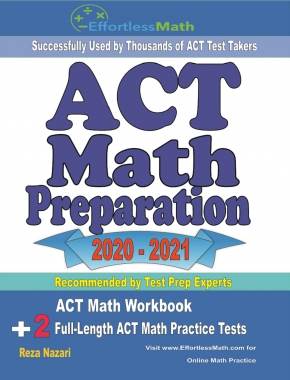
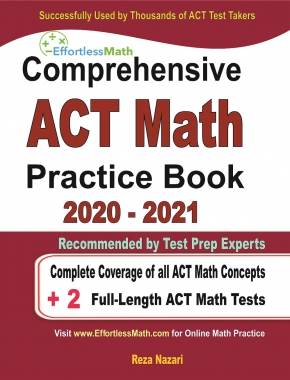
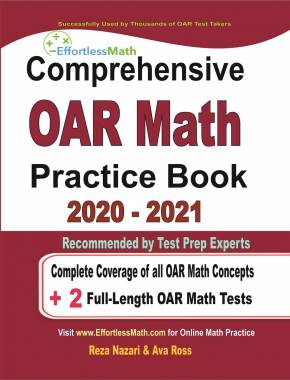
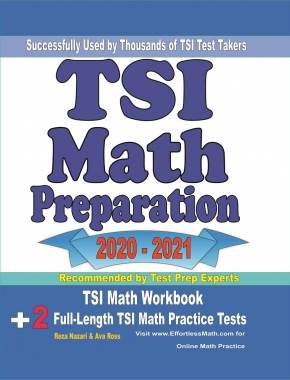
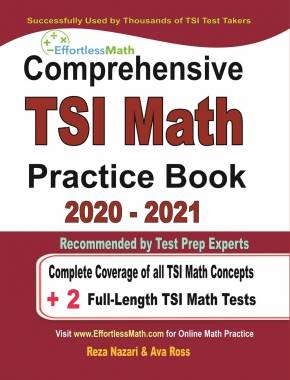
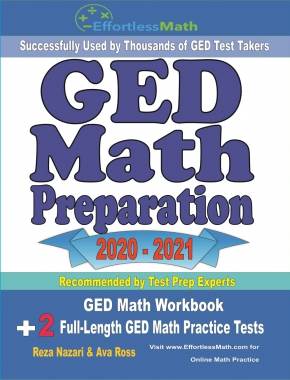

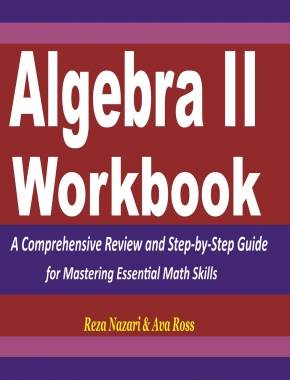

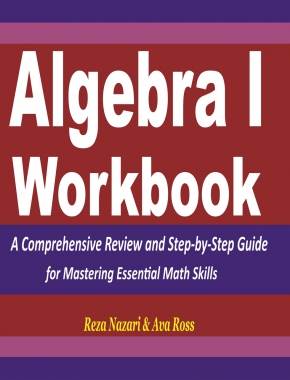
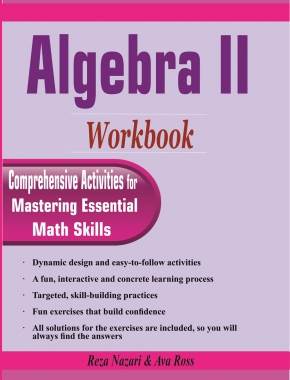
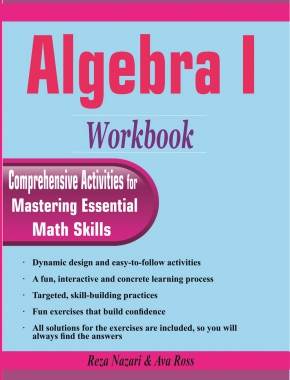
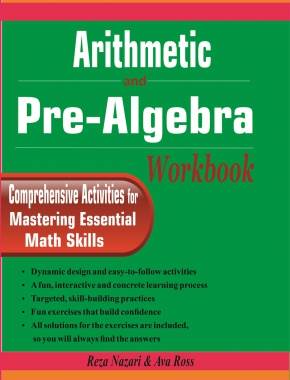
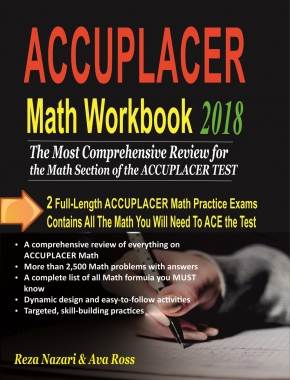
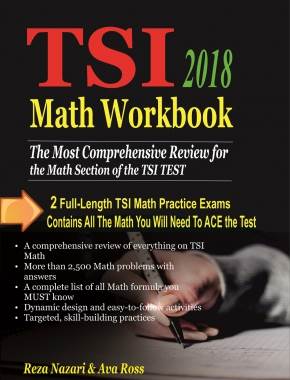



What people say about "Studying Math Can Foster Analytical Skills - Effortless Math: We Help Students Learn to LOVE Mathematics"?
No one replied yet.